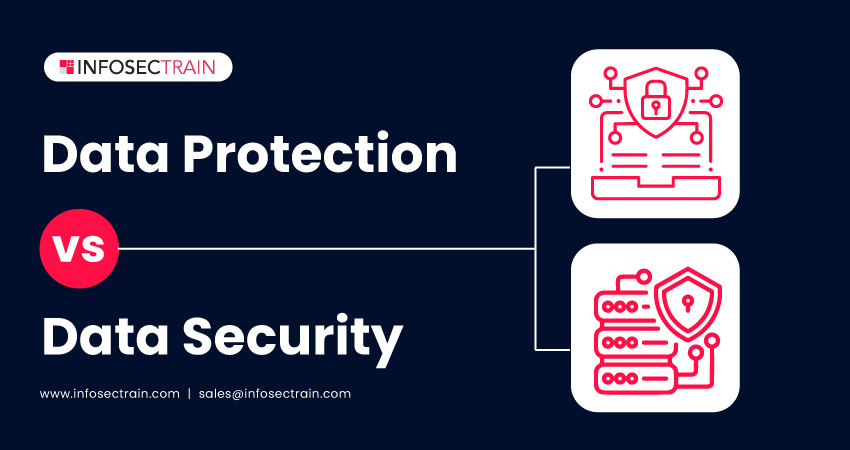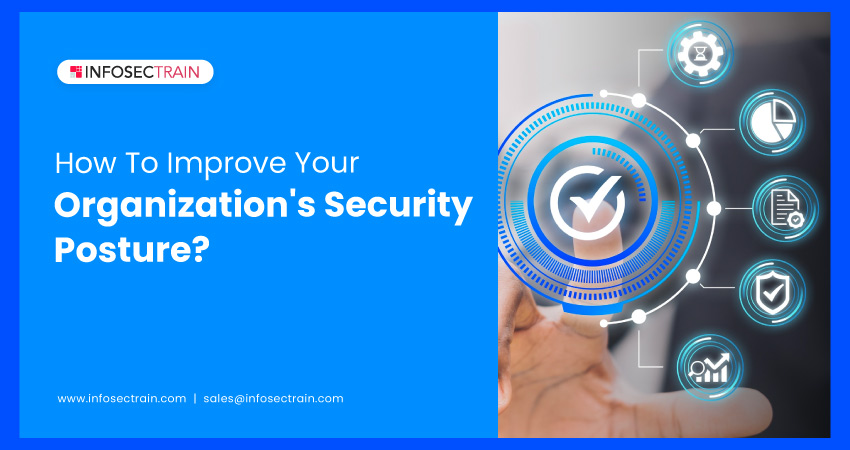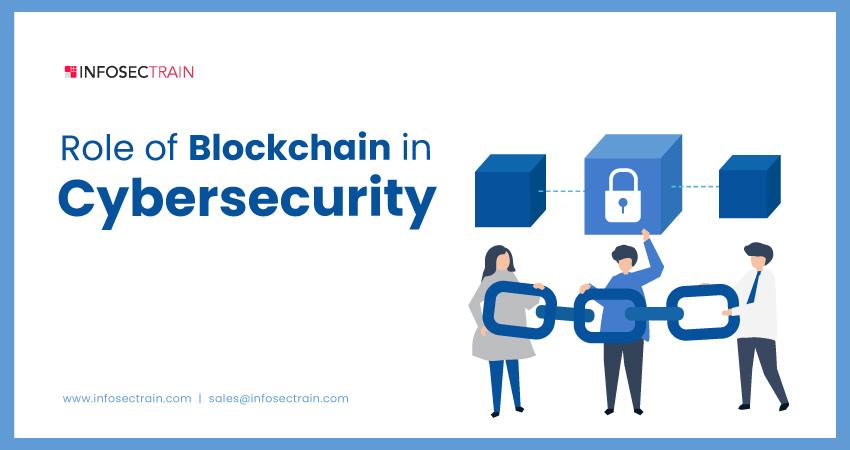Features of RSA Archer
In today's complex and interconnected world, organizations face a myriad of risks, from cyberattacks to regulatory non-compliance. Managing these risks effectively requires a comprehensive governance, risk, and compliance (GRC) platform. RSA Archer stands as a leading GRC platform, empowering organizations to streamline risk management, enhance compliance efforts, and make data-driven decisions.
Read now: https://www.infosectrain.com/blog/features-of-rsa-archer/
#RSAArcher #GRC #GovernanceRiskCompliance #RiskManagement #ComplianceManagement #AuditManagement #Security #DataSecurity #Privacy #Cybersecurity #ITRiskManagement #OperationalRiskManagement #infosectrain #learntorise
In today's complex and interconnected world, organizations face a myriad of risks, from cyberattacks to regulatory non-compliance. Managing these risks effectively requires a comprehensive governance, risk, and compliance (GRC) platform. RSA Archer stands as a leading GRC platform, empowering organizations to streamline risk management, enhance compliance efforts, and make data-driven decisions.
Read now: https://www.infosectrain.com/blog/features-of-rsa-archer/
#RSAArcher #GRC #GovernanceRiskCompliance #RiskManagement #ComplianceManagement #AuditManagement #Security #DataSecurity #Privacy #Cybersecurity #ITRiskManagement #OperationalRiskManagement #infosectrain #learntorise
Features of RSA Archer
In today's complex and interconnected world, organizations face a myriad of risks, from cyberattacks to regulatory non-compliance. Managing these risks effectively requires a comprehensive governance, risk, and compliance (GRC) platform. RSA Archer stands as a leading GRC platform, empowering organizations to streamline risk management, enhance compliance efforts, and make data-driven decisions.
Read now: https://www.infosectrain.com/blog/features-of-rsa-archer/
#RSAArcher #GRC #GovernanceRiskCompliance #RiskManagement #ComplianceManagement #AuditManagement #Security #DataSecurity #Privacy #Cybersecurity #ITRiskManagement #OperationalRiskManagement #infosectrain #learntorise
0 Commentarios
0 Acciones











